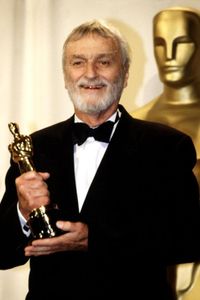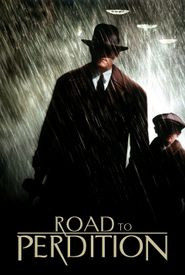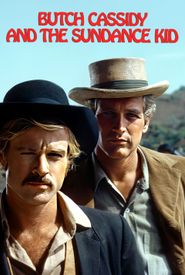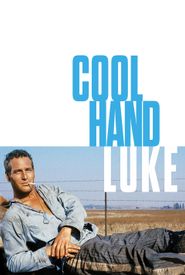Born on the picturesque island of Tahiti, Conrad Hall, son of renowned author James Norman Hall, who penned the iconic novel "Mutiny on the Bounty", embarked on a journey to master the art of filmmaking at the prestigious University of Southern California. Alongside two fellow classmates, Hall co-founded a production company, which promptly secured a project with a local television station. As his company expanded, Hall branched out into creating industrial films and television commercials, showcasing his versatility and adaptability.
As his expertise grew, Hall was entrusted with shooting location footage for several feature films, including Disney's 1953 masterpiece, "The Living Desert". The early 1960s saw Hall's career take a significant turn as he was hired as a camera assistant on numerous feature films, gradually working his way up to the esteemed position of camera operator. His big break arrived in 1965, as he received his first cinematographer credit.
Hall's remarkable talent for crafting rich and complex compositions soon earned him widespread acclaim, particularly for his work on "In Cold Blood" (1967). His remarkable achievement was further solidified when he won an Academy Award for his outstanding cinematography in "Butch Cassidy and the Sundance Kid" (1969). Hall's impressive résumé continued to grow, as he went on to win two more Oscars for his work on "American Beauty" (1999) in 2000, and "Road to Perdition" (2002).





























